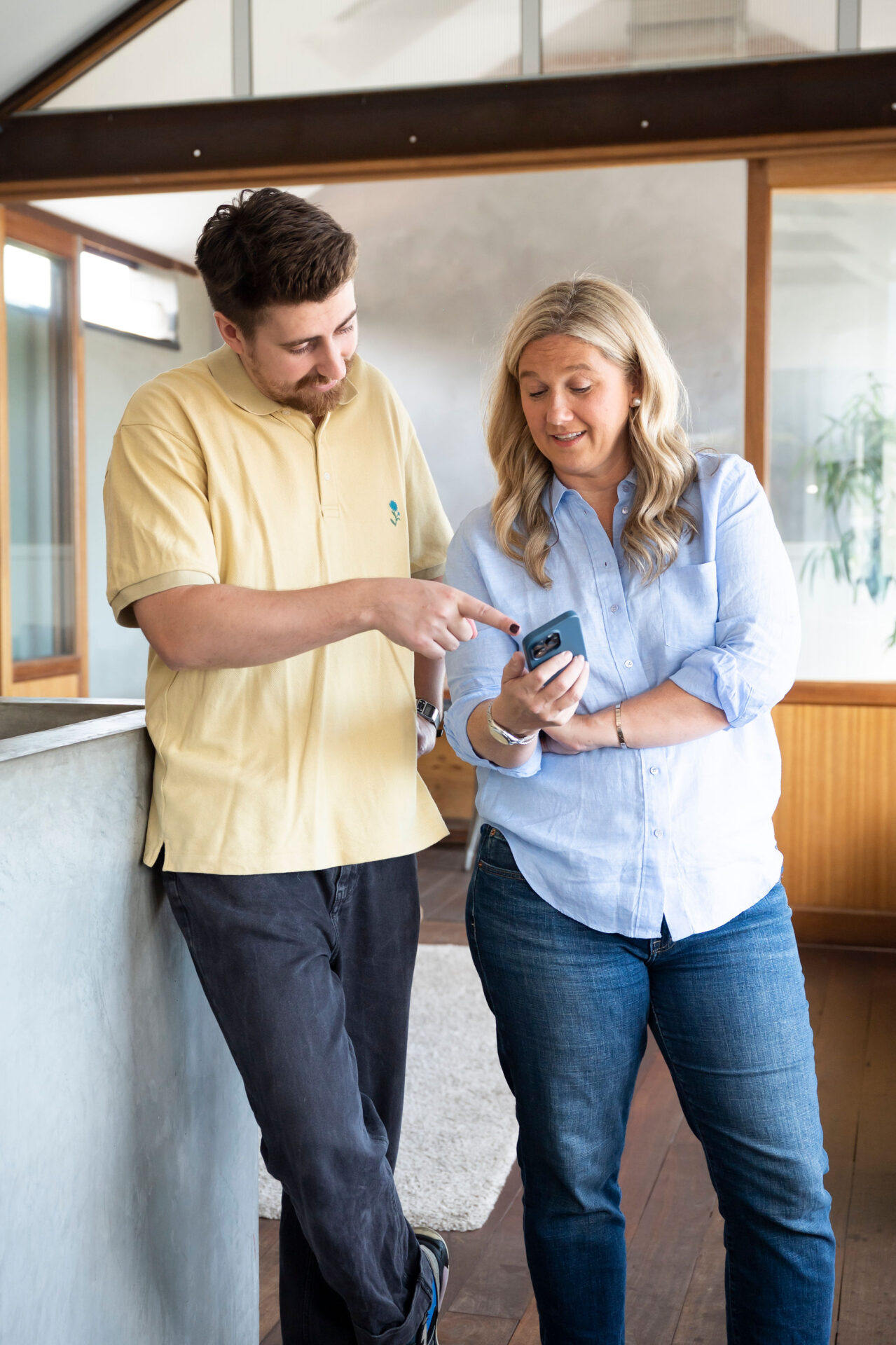It’s symbiotic.
Regardless of your business type, you’ve most likely lost sleep, tossing and turning while you ask yourself, does social media impact SEO?
Businesses are constantly scratching and clawing for social media and SERP dominance, and in tourism and hospitality, it’s no different. In fact, it can be even harder because you’re all fighting for the exact same keywords.
So, how do you beat your competitors and come out on top? You work smarter not harder…
Let’s dive into how social media and SEO work together and why a cohesive strategy integrating both is crucial for online success.
1. Google loves social signals
Search engines, led by Google, have become adept at deciphering the credibility and relevance of online content. One of the factors they consider is social signals, which are indications of a webpage’s popularity and influence on social media platforms. These signals include likes, shares, comments, and overall engagement.
Google is leaning heavily into social media in an effort to offer users a more personal experience.
In a recent blog post, Google said, “…starting today, we’ll show new information on search results that highlights information about the individual creator — like their social handle, follower count or the popularity of their content — so it’s easier to find content from creators you care about.”
Take a look at the example below from the SERP results for one of our favourite burger spots.
Don’t believe us? Try Googling a few of your favourite spots are check out the social media results.
Search engines interpret your content as a signal of quality and relevance when it is widely shared on social media. A viral post on platforms like Facebook or Twitter can increase visibility and improve SEO rankings. Therefore, businesses must create shareable content that resonates with their audience and encourages social media users to engage.
2. Backlinks are great for SEO
Backlinks, or inbound links, play a pivotal role in SEO. They are a vote of confidence from one website to another, indicating that the content is valuable and credible. Social media platforms provide an excellent opportunity to build quality backlinks.
Sharing your content across social networks increases the likelihood of other websites linking to yours. This not only boosts your website’s authority in the eyes of search engines but also enhances the overall backlink profile. As a result, a well-executed social media strategy can indirectly contribute to improved SEO.
3. Build brand awareness through social media
Social media is a powerful tool for building brand awareness. As businesses establish a consistent and engaging presence on platforms like TikTok, Facebook, Instagram, X, and LinkedIn, they naturally increase their online visibility. When users recognise and trust a brand on social media, they are more likely to click on that brand’s website in search results.
Search engines consider the click-through rate (CTR) as a ranking factor, and a robust social media presence can positively influence it. The more people click on your website from social media, the more search engines recognise it as a valuable and relevant source, potentially leading to higher rankings.
4. Local SEO and Social Media Integration
Local SEO is a strategy that improves your business’ visibility on Google’s local search results.
Integrating social media and local SEO is crucial for businesses targeting local audiences. Platforms like Facebook and Instagram allow businesses to create location-based pages and profiles. Regularly updating these profiles with relevant information, engaging content, and customer reviews can significantly impact local search rankings.
Local search algorithms often prioritise businesses with active and optimised social media profiles. Therefore, maintaining an active presence on local social media channels can improve visibility in local search results.
Pro tip: Google Analytics Traffic Acquisition Report
If you want to understand where your traffic is coming from, you need to leverage the power of your Google Analytics Traffic Acquisition Report.
In this report, you’ll be able to see organic social broken down by platform and how many visits and pages per visit. So, how do you do it?
To view your social media traffic, you’ll need to add a secondary dimension for “source/medium” so you can see what social channels are sending traffic/conversions and then filter your results like the example below:
Final thoughts: Keep a holistic approach
In the ever-evolving world that is the internet, the symbiotic relationship between social media and SEO cannot be overstated.
To thrive in the digital landscape, businesses must adopt a holistic approach, seamlessly integrating both strategies. Organisations can unlock the full potential of their online presence by leveraging the power of social signals, building quality backlinks, enhancing brand awareness, and integrating local SEO efforts. Embracing this synergy is not just a trend; it’s necessary for those looking to stay ahead in the competitive digital landscape.


